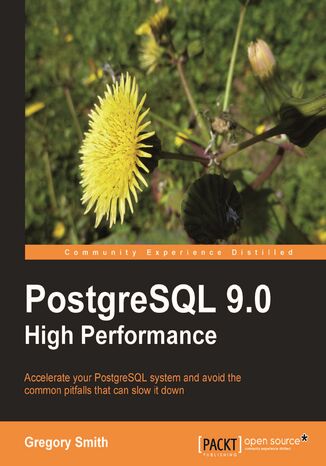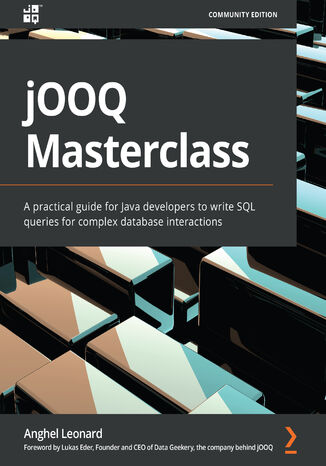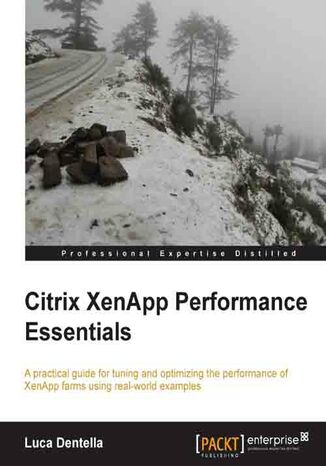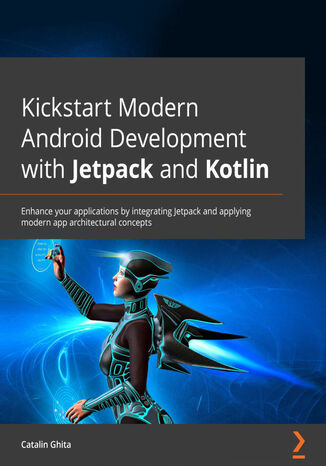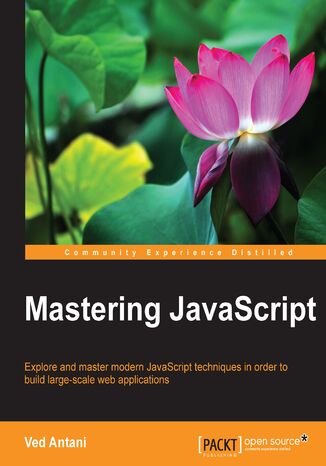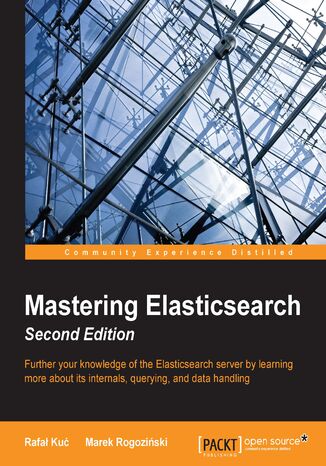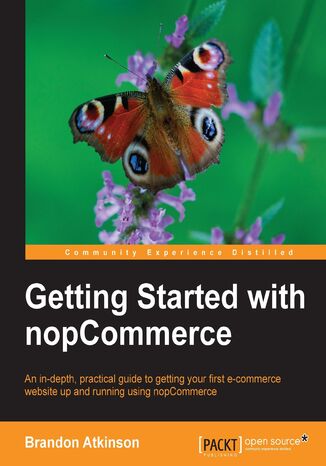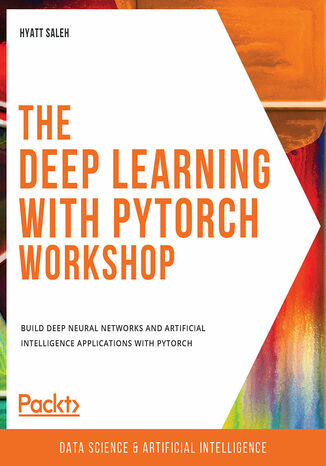Категорії
-
- Біткойн
- Ділова жінка
- Коучинг
- Контроль
- Електронний бізнес
- Економіка
- Фінанси
- Фондова біржа та інвестиції
- Особисті компетенції
- Комп'ютер в офісі
- Комунікація та переговори
- Малий бізнес
- Маркетинг
- Мотивація
- Мультимедійне навчання
- Нерухомість
- Переконання та НЛП
- Податки
- Соціальна політика
- Порадники
- Презентації
- Лідерство
- Зв'язки з громадськістю
- Звіти, аналізи
- Секрет
- Соціальні засоби комунікації
- Продаж
- Стартап
- Ваша кар'єра
- Управління
- Управління проектами
- Людські ресурси (HR)
-
- Architektura i wnętrza
- Безпека життєдіяльності
- Biznes i Ekonomia
- Будинок та сад
- Електронний бізнес
- Ekonomia i finanse
- Езотерика
- Фінанси
- Особисті фінанси
- Бізнес
- Фотографія
- Інформатика
- Відділ кадрів та оплата праці
- Для жінок
- Комп'ютери, Excel
- Бухгалтерія
- Культура та література
- Наукові та академічні
- Охорона навколишнього середовища
- Впливові
- Освіта
- Податки
- Подорожі
- Психологія
- Релігія
- Сільське господарство
- Ринок книг і преси
- Транспорт та спедиція
- Здоров'я та краса
-
- Офісні застосунки
- Бази даних
- Біоінформатика
- Бізнес ІТ
- CAD/CAM
- Digital Lifestyle
- DTP
- Електроніка
- Цифрова фотографія
- Комп'ютерна графіка
- Ігри
- Хакування
- Hardware
- IT w ekonomii
- Наукові пакети
- Шкільні підручники
- Основи комп'ютера
- Програмування
- Мобільне програмування
- Інтернет-сервери
- Комп'ютерні мережі
- Стартап
- Операційні системи
- Штучний інтелект
- Технологія для дітей
- Вебмайстерність
-
- Антології
- Балада
- Біографії та автобіографії
- Для дорослих
- Драми
- Журнали, щоденники, листи
- Епос, епопея
- Нарис
- Наукова фантастика та фантастика
- Фельєтони
- Художня література
- Гумор, сатира
- Інше
- Класичний
- Кримінальний роман
- Нехудожня література
- Художня література
- Mity i legendy
- Лауреати Нобелівської премії
- Новели
- Побутовий роман
- Okultyzm i magia
- Оповідання
- Спогади
- Подорожі
- Оповідна поезія
- Поезія
- Політика
- Науково-популярна
- Роман
- Історичний роман
- Проза
- Пригодницька
- Журналістика
- Роман-репортаж
- Romans i literatura obyczajowa
- Сенсація
- Трилер, жах
- Інтерв'ю та спогади
-
- Археологія
- Bibliotekoznawstwo
- Кінознавство / Теорія кіно
- Філологія
- Польська філологія
- Філософія
- Finanse i bankowość
- Географія
- Економіка
- Торгівля. Світова економіка
- Історія та археологія
- Історія мистецтва і архітектури
- Культурологія
- Мовознавство
- літературні студії
- Логістика
- Математика
- Ліки
- Гуманітарні науки
- Педагогіка
- Навчальні засоби
- Науково-популярна
- Інше
- Психологія
- Соціологія
- Театральні студії
- Богослов’я
- Економічні теорії та науки
- Transport i spedycja
- Фізичне виховання
- Zarządzanie i marketing
-
- Безпека життєдіяльності
- Історія
- Дорожній кодекс. Водійські права
- Юридичні науки
- Охорона здоров'я
- Загальне, компендіум
- Академічні підручники
- Інше
- Закон про будівництво і житло
- Цивільне право
- Фінансове право
- Господарське право
- Господарське та комерційне право
- Кримінальний закон
- Кримінальне право. Кримінальні злочини. Кримінологія
- Міжнародне право
- Міжнародне та іноземне право
- Закон про охорону здоров'я
- Закон про освіту
- Податкове право
- Трудове право та законодавство про соціальне забезпечення
- Громадське, конституційне та адміністративне право
- Кодекс про шлюб і сім'ю
- Аграрне право
- Соціальне право, трудове право
- Законодавство Євросоюзу
- Промисловість
- Сільське господарство та захист навколишнього середовища
- Словники та енциклопедії
- Державні закупівлі
- Управління
-
- Африка
- Альбоми
- Південна Америка
- Центральна та Північна Америка
- Австралія, Нова Зеландія, Океанія
- Австрія
- Азії
- Балкани
- Близький Схід
- Болгарія
- Китай
- Хорватія
- Чеська Республіка
- Данія
- Єгипет
- Естонія
- Європа
- Франція
- Гори
- Греція
- Іспанія
- Нідерланди
- Ісландія
- Литва
- Латвія
- Mapy, Plany miast, Atlasy
- Мініпутівники
- Німеччина
- Норвегія
- Активні подорожі
- Польща
- Португалія
- Інше
- Przewodniki po hotelach i restauracjach
- Росія
- Румунія
- Словаччина
- Словенія
- Швейцарія
- Швеція
- Світ
- Туреччина
- Україна
- Угорщина
- Велика Британія
- Італія
-
- Філософія життя
- Kompetencje psychospołeczne
- Міжособистісне спілкування
- Mindfulness
- Загальне
- Переконання та НЛП
- Академічна психологія
- Психологія душі та розуму
- Психологія праці
- Relacje i związki
- Батьківство та дитяча психологія
- Вирішення проблем
- Інтелектуальний розвиток
- Секрет
- Сексуальність
- Спокушання
- Зовнішній вигляд та імідж
- Філософія життя
-
- Біткойн
- Ділова жінка
- Коучинг
- Контроль
- Електронний бізнес
- Економіка
- Фінанси
- Фондова біржа та інвестиції
- Особисті компетенції
- Комунікація та переговори
- Малий бізнес
- Маркетинг
- Мотивація
- Нерухомість
- Переконання та НЛП
- Податки
- Соціальна політика
- Порадники
- Презентації
- Лідерство
- Зв'язки з громадськістю
- Секрет
- Соціальні засоби комунікації
- Продаж
- Стартап
- Ваша кар'єра
- Управління
- Управління проектами
- Людські ресурси (HR)
-
- Антології
- Балада
- Біографії та автобіографії
- Для дорослих
- Драми
- Журнали, щоденники, листи
- Епос, епопея
- Нарис
- Наукова фантастика та фантастика
- Фельєтони
- Художня література
- Гумор, сатира
- Інше
- Класичний
- Кримінальний роман
- Нехудожня література
- Художня література
- Mity i legendy
- Лауреати Нобелівської премії
- Новели
- Побутовий роман
- Okultyzm i magia
- Оповідання
- Спогади
- Подорожі
- Поезія
- Політика
- Науково-популярна
- Роман
- Історичний роман
- Проза
- Пригодницька
- Журналістика
- Роман-репортаж
- Romans i literatura obyczajowa
- Сенсація
- Трилер, жах
- Інтерв'ю та спогади
-
- Філософія життя
- Міжособистісне спілкування
- Mindfulness
- Загальне
- Переконання та НЛП
- Академічна психологія
- Психологія душі та розуму
- Психологія праці
- Relacje i związki
- Батьківство та дитяча психологія
- Вирішення проблем
- Інтелектуальний розвиток
- Секрет
- Сексуальність
- Спокушання
- Зовнішній вигляд та імідж
- Філософія життя
Gregory Smith, David Page Postgre Group
PostgreSQL database servers have a common set of problems they encounter as their usage gets heavier and requirements more demanding. You could spend years discovering solutions to them all, step by step as you encounter them. Or you can just look in here.All successful database applications are destined to eventually run into issues scaling up their performance. Peek into the future of your PostgreSQL database's problems today. Know the warning signs to look for, and how to avoid the most common issues before they even happen.Surprisingly, most PostgreSQL database applications evolve in the same way: Choose the right hardware. Tune the operating system and server memory use. Optimize queries against the database, with the right indexes. Monitor every layer, from hardware to queries, using some tools that are inside PostgreSQL and others that are external.Using monitoring insight, continuously rework the design and configuration. On reaching the limits of a single server, break things up; connection pooling, caching, partitioning, and replication can all help handle increasing database workloads.The path to a high performance database system isn't always easy. But it doesn't have to be mysterious with the right guide.
jOOQ is an excellent query builder framework that allows you to emulate database-specific SQL statements using a fluent, intuitive, and flexible DSL API. jOOQ is fully capable of handling the most complex SQL in more than 30 different database dialects.jOOQ Masterclass covers jOOQ from beginner to expert level using examples (for MySQL, PostgreSQL, SQL Server, and Oracle) that show you how jOOQ is a mature and complete solution for implementing the persistence layer. You’ll learn how to use jOOQ in Spring Boot apps as a replacement for SpringTemplate and Spring Data JPA. Next, you’ll unleash jOOQ type-safe queries and CRUD operations via jOOQ’s records, converters, bindings, types, mappers, multi-tenancy, logging, and testing. Later, the book shows you how to use jOOQ to exploit powerful SQL features such as UDTs, embeddable types, embedded keys, and more. As you progress, you’ll cover trending topics such as identifiers, batching, lazy loading, pagination, and HTTP long conversations. For implementation purposes, the jOOQ examples explained in this book are written in the Spring Boot context for Maven/Gradle against MySQL, Postgres, SQL Server, and Oracle.By the end of this book, you’ll be a jOOQ power user capable of integrating jOOQ in the most modern and sophisticated apps including enterprise apps, microservices, and so on.
Citrix XenApp is an application virtualization product that allows users to connect to their corporate applications from any device. XenApp can host applications on central servers and allows users to interact with them remotely or stream and deliver them to user devices for local execution.Citrix XenApp Performance Essentials is a practical guide that provides you guidelines, best practices, and real world examples that will help you to improve the performance of your farm, identifying and solving possible bottlenecks and using advanced features including the new features provided by XenApp 6.5.Citrix XenApp is widely used to deliver enterprise applications to end users. This book covers the whole process of optimizing a XenApp farm, starting from the design phase all the way to tuning for remote users and connecting via geographic links.With your farm in production, you will understand what to monitor and how to optimize your farm, as well as how to use an open-source tool, WANem, to test the applications' behavior with different link conditions. You will also learn which settings and features XenApp offers to optimize CPU and memory utilization.This book will help you to prevent or solve performance problems and make your users happy working with published applications.
With Jetpack libraries, you can build and design high-quality, robust Android apps that have an improved architecture and work consistently across different versions and devices. This book will help you understand how Jetpack allows developers to follow best practices and architectural patterns when building Android apps while also eliminating boilerplate code.Developers working with Android and Kotlin will be able to put their knowledge to work with this condensed practical guide to building apps with the most popular Jetpack libraries, including Jetpack Compose, ViewModel, Hilt, Room, Paging, Lifecycle, and Navigation. You'll get to grips with relevant libraries and architectural patterns, including popular libraries in the Android ecosystem such as Retrofit, Coroutines, and Flow while building modern applications with real-world data.By the end of this Android app development book, you'll have learned how to leverage Jetpack libraries and your knowledge of architectural concepts for building, designing, and testing robust Android applications for various use cases.
JavaScript is a high-level, dynamic, untyped, lightweight, and interpreted programming language. Along with HTML and CSS, it is one of the three essential technologies of World Wide Web content production, and is an open source and cross-platform technology. The majority of websites employ JavaScript, and it is well supported by all modern web browsers without plugins. However, the JavaScript landscape has changed dramatically in recent years, and you need to adapt to the new world of JavaScript that people now expect. Mastering modern JavaScript techniques and the toolchain are essential to develop web-scale applications. Mastering JavaScript will be your companion as you master JavaScript and build innovative web applications. To begin with, you will get familiarized with the language constructs and how to make code easy to organize. You will gain a concrete understanding of variable scoping, loops, and best practices on using types and data structures, as well as the coding style and recommended code organization patterns in JavaScript. The book will also teach you how to use arrays and objects as data structures. You will graduate from intermediate-level skills to advanced techniques as you come to understand crucial language concepts and design principles. You will learn about modern libraries and tools so you can write better code. By the end of the book, you will understand how reactive JavaScript is going to be the new paradigm.
Brandon Atkinson, Andrei Mazoulnitsyn
nopCommerce is a powerful e-commerce engine that gives you the tools to build an online store and start making money. Starting your own e-commerce store can seem like a daunting task. However, with nopCommerce you can easily start selling products online in no time. nopCommerce comes loaded with everything you need to run a first class e-commerce storefront.Getting Started with nopCommerce walks you through all the steps to get your storefront up and running. You will learn how to download and install nopCommerce, as well as how to configure all the main components of the storefront. From learning about the public facing storefront to managing orders in the backend, you will have all the skills needed to run a successful store.Getting Started with nopCommerce is a step-by-step guide for creating your online store with nopCommerce, allowing you to build a feature-rich and customizable store to sell your products online. It guides you through installation, the public facing storefront, configuration, adding products, accepting payments, and processing orders. As you work through each chapter, your online store will grow in scope and functionality. By the time you finish this book, you will have a complete and working store.
Want to get to grips with one of the most popular machine learning libraries for deep learning? The Deep Learning with PyTorch Workshop will help you do just that, jumpstarting your knowledge of using PyTorch for deep learning even if you’re starting from scratch.It’s no surprise that deep learning’s popularity has risen steeply in the past few years, thanks to intelligent applications such as self-driving vehicles, chatbots, and voice-activated assistants that are making our lives easier. This book will take you inside the world of deep learning, where you’ll use PyTorch to understand the complexity of neural network architectures.The Deep Learning with PyTorch Workshop starts with an introduction to deep learning and its applications. You’ll explore the syntax of PyTorch and learn how to define a network architecture and train a model. Next, you’ll learn about three main neural network architectures - convolutional, artificial, and recurrent - and even solve real-world data problems using these networks. Later chapters will show you how to create a style transfer model to develop a new image from two images, before finally taking you through how RNNs store memory to solve key data issues.By the end of this book, you’ll have mastered the essential concepts, tools, and libraries of PyTorch to develop your own deep neural networks and intelligent apps.

